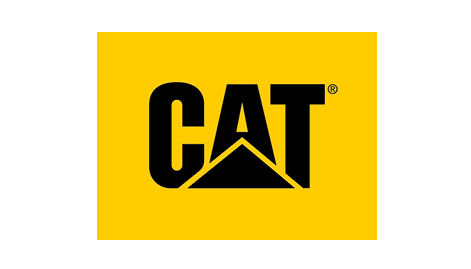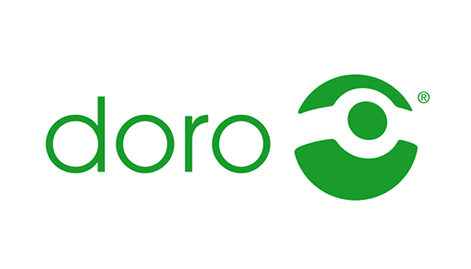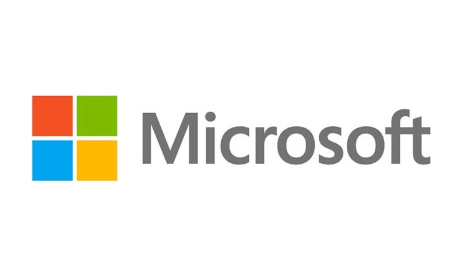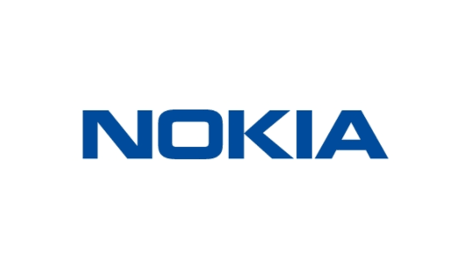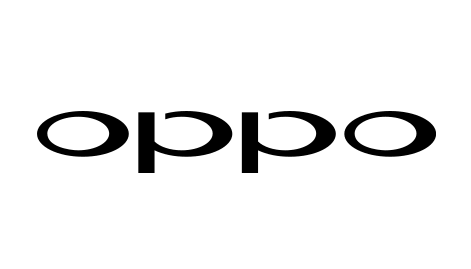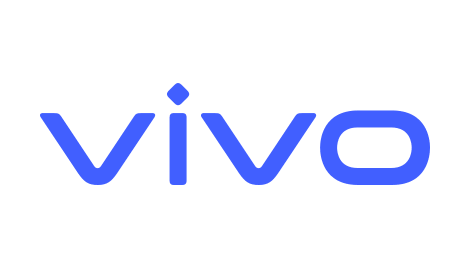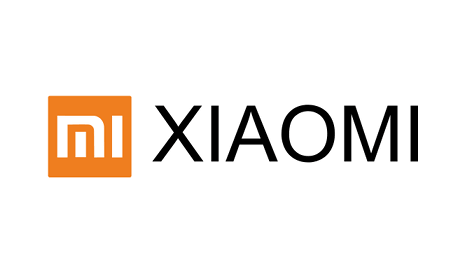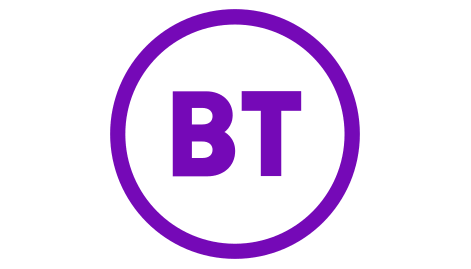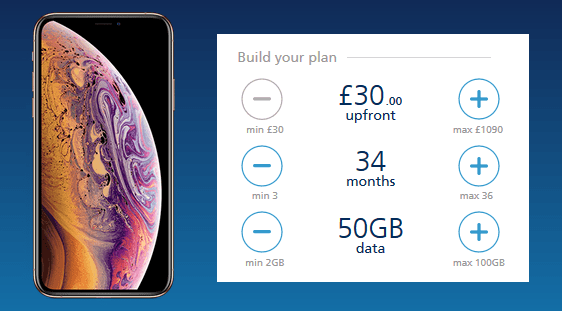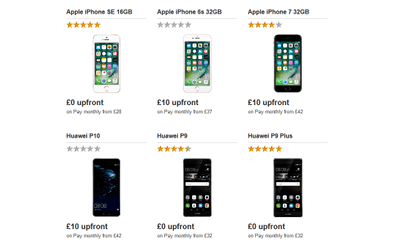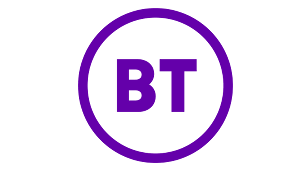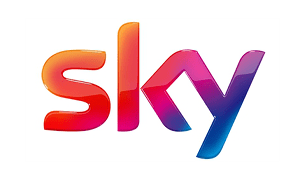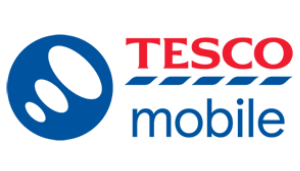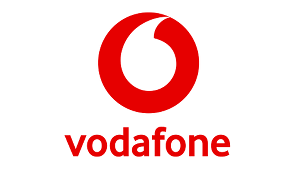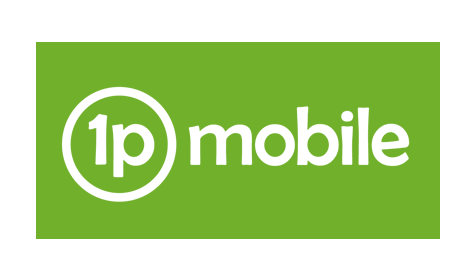O2 vs Vodafone: 5G/4G coverage, speeds and benefits compared

The retailers featured on this page may compensate us when our readers follow links to their websites and make a purchase. More
We look at whether you're better off joining Vodafone or O2 for your next SIM only plan or phone contract, by comparing their networks, prices and extras. Last updated: 24th January 2023
In our O2 vs Vodafone comparison
Special offer news
How Vodafone and O2's networks compare
Are Vodafone or O2 best for UK mobile coverage?
Do O2 or Vodafone provide better 2G/3G/4G/5G coverage?
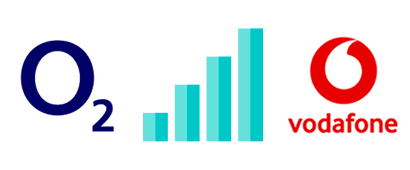
✔ Both networks are close for 4G and call signal
Vodafone and O2 are basically neck and neck when it comes to call signal (2G/3G). Both networks cover about 91% of the UK’s landmass for calls and texts.
That means great signal coverage outdoors and better coverage indoors too. Both networks use more-suitable frequencies for getting indoors, a strong point compared to their rivals EE and Three.
There’s not much to split them on when it comes to 4G signal in urban areas, but outside big towns and cities Vodafone tend to have stronger 4G coverage.
But you should always check each network’s coverage in your area by using their network map below. Check everywhere you’re expecting to use your phone, not just at home.
Useful link: Read about Vodafone's network improvements
✔ O2 have better overall 5G coverage
Every main network have put great amounts of effort into expanding 5G coverage and improving speeds. O2 are ahead of Vodafone when it comes to overall 5G coverage.
Last time we checked, O2 had 5G live in a massive 750+ UK towns and cities, while Vodafone have theirs live in 141+ locations. O2 are first place for the number of 5G-live locations, but there’s more to it than just that:
You also have to check on a street by street basis, as 5G won’t cover the entirety of a declared location. O2 again seem to have better coverage within their locations than Vodafone, so you’ll spend more time on 5G.
But new information is always coming out about 5G, and Vodafone might easily overtake O2 in the future, but for now O2 hold a clear advantage.
Useful link: Vodafone 5G rollout news
Coverage maps: check O2 and Vodafone signal near you
Check everywhere you can think of where you'll use your phone
Our verdict on coverage:
Basically a draw“In terms of call signal there’s basically nothing to split them on. Your choice between will come down to whether you’d rather have better 4G or 5G coverage. Both networks have their upsides, so we’ll call this one a draw.”
Are data speeds faster on O2 or Vodafone?
We go over 4G and 5G speeds on either network
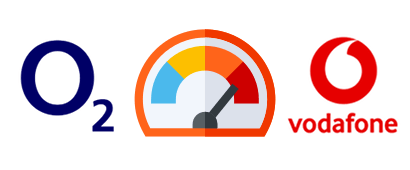
✔ Vodafone have much faster 4G speeds than O2
Considering you’ll spend more time on 4G than 5G, we’d say it’s more important for a network to offer faster 4G speeds. To see which networks have the fastest typical speeds we use Opensignal’s results.
These results come from millions of volunteer phones around the UK. Typical speeds on Vodafone were around 21.2 Mbps, while on O2 they were down to around 16.8 Mbps.
If fast speeds are something you need then take care when choosing your Vodafone plan.
Their Basics plans don’t have any technical speed-limits, but these don’t give you access to Vodafone’s 5G.
There’s no speed cap on their Unlimited Max plans. However, plans simply called “Unlimited” capped at a maximum of 10 Mbps. And with their Unlimited Lite plan, you’ll get a maximum 2 Mbps. That’s only really enough for checking emails and browsing the internet, but even there you’ll notice images loading slowly and videos will buffer a lot.
Vodafone’s other plans have no speed limits. O2 don’t impose any deliberate speed limits on any of their deals.
In real life, your speeds will vary more than that. We found speeds on Vodafone as low as 5 Mbps in rural areas, but as high as 110+ Mbps in urban areas. O2 went as low as 5 Mbps and as high as 95 Mbps.
If you used an O2 and Vodafone SIM side by side you’d hardly notice a difference when browsing social media, but streaming HD videos and downloading files will be noticeably slower on O2 than on Vodafone.
Useful link: What speed difference will O2's 5G make?
✔ Vodafone have typically faster 5G speeds
More and more information about 5G speeds is coming out, so we can now confidently begin to compare one network against another.
The most recent reports from Opensignal and Speedtest by Ookla we see typical 5G speeds on Vodafone between 105.2 Mbps - 133.54 Mbps while on O2 they were between 90.61 Mbps - 92.3 Mbps.
It’s odd that Vodafone got a lower average than O2 from one tester, but a higher average on another. We think 5G should generally be pretty similar between the two, but speeds may vary more on Vodafone than O2.
Neither network are outstanding for 5G speeds. If you want the fastest 5G speeds possible you might want to look at Three, with the fastest 5G speeds by far. You can see how every network compares for 5G here.
Useful link: Comparing every network's 5G
Our verdict on data speeds:
Vodafone win“Vodafone win out over O2 in every category. They’ve got the faster typical and peak 4G speeds and typically better 5G speeds. O2 look sluggish in comparison. Users looking for the best possible speeds will definitely prefer Vodafone.”
Is O2 or Vodafone’s WiFi calling better?
Comparing Vodafone and O2’s WiFi calling features
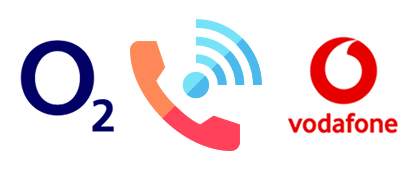
✔ Vodafone’s WiFi calling is compatible with more models
Vodafone include WiFi/4G calling on most of their pay monthly SIM only and phone deals at no added cost. You will have to turn it on manually, however. And it’s not included on their Basics or Pay As You Go plans.
You can check their supported phones list here. Most iPhones should work, but Vodafone don’t clarify if Android models not bought from them will work. But our manufacturer-bought Samsung model worked fine.
And you can also send SMS messages over WiFi and 4G signal, which can be handy for receiving bank confirmation messages or any other important texts no matter where you are.
While Vodafone claim they support more phones than O2, you should test the feature as soon as you get your SIM just to be safe. There's a 14-day returns period when you buy online to get a full refund.
Useful link: Vodafone's full guide to their WiFi calling
✔ O2 offer a very similar WiFi/4G calling scheme
O2’s WiFi/4G calling is essentially identical to Vodafone in terms of functionality. It lets you make and receive calls as well as send and receive SMS texts over WiFi and 4G signal where call signal is poor.
Much like with Vodafone, most iPhone models should work just fine with O2’s WiFi calling, but their Android support is a little patchier.
If you’re on an Android not bought directly from O2 then there’s no guarantee that it will be compatible with O2’s WiFi calling, even if it’s on their supported devices list here.
You also have to turn on WiFi and 4G calling manually in your settings, which is a bit annoying. But the quality and speed of connecting to calls are very good.
Useful link: Full guide to O2's WiFi calling
Our verdict on WiFi calling:
Narrow win for Vodafone“Both networks have almost identical WiFi calling schemes. The main difference is that you’re more likely to get it working on Vodafone than on O2, so we give them a slight edge here.”
Free WiFi hotspots compared on Vodafone and O2
We go over whether either network get you access to free WiFi on the go
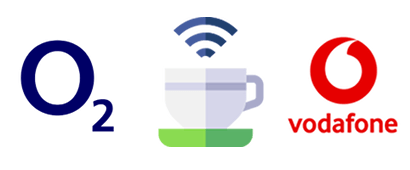
✔ Get access to 15,000+ free WiFi hotspots on O2
We like it when networks offer free access to public WiFi hotspots, because it can save you from eating into your regular data allowance, while sometimes getting you faster speeds than their 3G/4G.
O2 WiFi is a network of 15,000+ WiFi hotspots around the UK. You can connect to these for free with no download limits. But you don’t have to be on O2 to access these, so what exclusive benefit do O2 customers get?
Being an O2 customer means you’ll connect automatically to 8000 of these hotspots, but only when speeds are faster than being on 4G in your location. We tested this in real life in our full review of O2 and it works well.
You can check the location of their hotspots on the O2 WiFi page here. These are usually in populated places like transport hubs, restaurants and cafes. And O2 even offer some hotspots on the Underground.
Useful link: How to access O2 WiFi
✔ Vodafone don’t offer WiFi hotspots any more
Despite the fact that Vodafone have focused largely on expanding their home broadband, they offer no networks of free WiFi hotspots.
You used to get access to a network of free Underground WiFi hotspots (at platforms and ticket barriers, not the actual trains) as a Vodafone customer. No more.
So your only choice when you’re out and about is to use your data or find some free WiFi while you’re on the go. Free WiFi is more common these days, so this shouldn’t be too much of an issue.
It is something that separates the two networks, but whether or not it’s a big difference between them depends on whether or not you’ll need it.
Useful link: Costs for going over your data limit on Vodafone
Our verdict on this topic:
O2 win by default“O2 offer lots of WiFi hotspots, many of which you can connect to automatically. Vodafone offer none. O2 win by default here.”
Is roaming better on Vodafone or O2?
We go over which network is better for using your SIM abroad
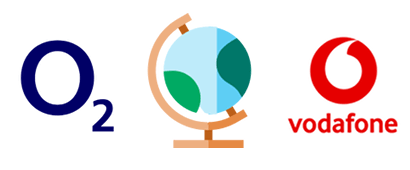
✔ Vodafone offer worldwide roaming on their highest-end plan
Like most of the big networks, Vodafone have removed free inclusive EU roaming from their plans. You can still get inclusive EU roaming, but only on their more expensive “Xtras” plans.
On their non-unlimited plans with 4 Xtras you get inclusive roaming in 51 EU destinations, but with their Unlimited 4 Xtras plan you get an extra 32 worldwide destinations added on top of that.
You can only get inclusive roaming on Vodafone on one of these plans:
The daily rate to use Vodafone’s regular pay monthly SIM only or phone contracts is £2 per day in the EU and £6 a day beyond that. But roaming now works with their Basics SIMs (before your SIM wouldn’t work at all), at the same extra costs.
Either way, roaming now comes with a price tag on Vodafone. You’re either paying for an expensive plan or paying a rate to access your regular UK allowance.
Useful link: See other Vodafone roaming charges
✔ O2 include EU roaming and offer worldwide passes
O2 still let you roam in these 49 EU countries on every pay monthly SIM only and phone contracts at no extra cost. Right away this gives them an advantage over Vodafone. But you’ll be capped at 25GB while abroad.
Going beyond the EU could have you paying at some expensive rates. O2 do offer their Inclusive Zone add-on on select plans, usually slightly pricier ones. This gets you inclusive roaming in 27 worldwide destinations.
This gives you a bundle of 120 daily minutes or texts and around 100MB full speed data. After you’ve used up that data, you actually get unlimited data but heavily speed capped.
But O2’s EU roaming puts them ahead of Vodafone. You can use a decent amount of data while abroad and you’ll spend much less to roam in the EU on O2 than on Vodafone. And O2’s worldwide roaming is still decent.
Useful link: All roaming costs on O2
Our verdict on roaming:
O2 win“O2’s inclusive EU roaming is the biggest difference between these two networks. Vodafone have an advantage when it comes to worldwide roaming, but this comes at higher prices. For EU roaming, you’ll spend a lot less on O2.”
Are the freebies and extras better on O2 or Vodafone?
We look at what extra benefits either network gives you on top of your plan
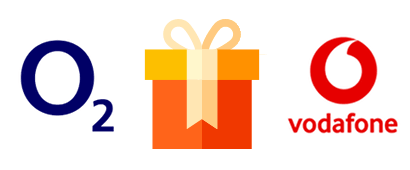
✔ O2 Priority app gets you lots of special offers
Being one of the more expensive UK networks, O2 have to give their customers more reasons to stick with them. One way O2 do this is by offering their Priority Rewards scheme.
Priority is a rewards app that every O2 user can access, giving them special offers, discounts and even some freebies on high street shopping, restaurants and more. Lots of these are only available to O2 customers.
On top of that you also get access to presale tickets for concerts and gigs hosted at O2 sponsored venues while also getting special treatment while there (see all benefits here).
It’s a great way of saving money, which helps a little bit in justifying O2’s higher costs. But if costs are your primary concern, then you might be better off just going with a cheaper network.
Useful link: See O2's full list of Priority perks
✔ Vodafone offer a similar rewards app called VeryMe
Every Vodafone customer, whether on a pay monthly phone or SIM only contract, gets access to Vodafone’s rewards scheme they call VeryMe through your My Vodafone app.
It’s fairly similar to Priority in how it functions. You get ever-changing discounts and special offers on all sorts of services. We can’t really say which has the better discounts as they’re always changing.
Vodafone don’t offer presale tickets like you get with O2 Priority considering they don’t sponsor any venues. They have offered some presale tickets for theatre shows in the past, however.
Realistically these sorts of apps are more about getting you to spend money with the networks’ partners, rather than aiming to save you money. It comes in handy now and again, but it’s not a primary reason to join either network.
Useful link: Vodafone's guide to VeryMe
✔ Vodafone include entertainment subscriptions on some plans
Vodafone offer different kinds of pay monthly SIM only deals, one of which is their “Entertainment” plans. Unlike their regular plans, these include an entertainment subscription and 100 minutes to EU countries.
You can choose on subscription from Spotify Premium (usually £9.99), Prime Video (usually £7.99) or YouTube Premium (£11.99) which will last until the end of your contract.
That sounds great on the face of it, but these Entertainment plans are usually around £7 pricier than their regular deals. So in the end it works out more like a discount than an actual freebie.
Pick a subscription with each of these deals:
It really depends if it’s worth it. Sometimes these services will have discounts that actually makes it cheaper to get a regular plan and a subscription separately. Bear that in mind before you buy.
Useful link: Full terms and conditions
✔ O2 Extras let you choose a time-limited free trial
O2 offer free subscriptions when you join on select plans. These let you add one of the following to your account: a subscription to Disney+, Amazon Music, Amazon Prime Video, Audible or these various other apps.
Bear in mind these are only trials. These last between 1 - 6 months depending on the size of your plan. After that you’ll start paying full price for them. And some of these are restricted to their higher end plans.
Thankfully you can cancel your trials whenever you like and it’s fairly simple to prevent the money from automatically going out after the free trial is over. Still, it’s a bit annoying to have to keep in mind.
You don’t get much out of this benefit on smaller plans and we don’t think it’s worth it to take a higher-end plan just for a longer trial. It’s a nice freebie to get on top of your plan, but it won’t blow you away.
Useful link: O2's FAQs about Extras
Our verdict on freebies and extras:
Basically a draw“Both networks’ rewards schemes are good for getting better value out of your plan. Whether you prefer Vodafone’s Entertainment plans or O2’s free trials depends on what you want out of your plan. Overall, we’ll call it a draw here.”
Deals and pricing on Vodafone and O2
SIM only deals: compare O2 and Vodafone plans
Can you get a cheaper SIM on Vodafone or O2?
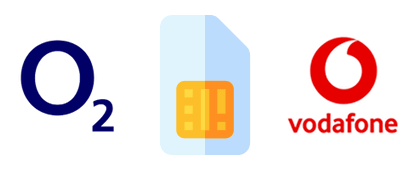
Plan
Data: (0MB+)
Minutes: (0+)
Current offers running on Vodafone and O2
We see if it's a better month for promotions on O2 or Vodafone
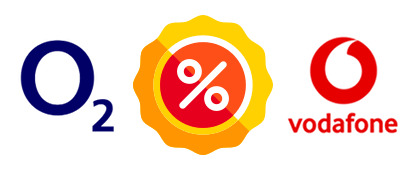
Phone contracts: are Vodafone or O2 better value?
We go over which network offer better value and flexibility with their phone plans
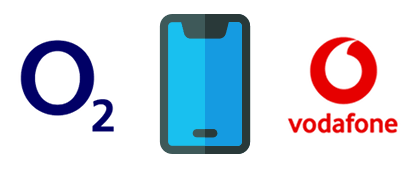
Budget
Upfront: (Any upfront cost)
Monthly: (Any monthly cost)

Loading phone deals...

✔ O2 let you create a phone plan that suits you
O2 call their phone contracts Refresh, and base them on credit agreements. This basically means they loan you the phone and have you pay it back in monthly instalments (here's their full guide).
Refresh lets you pay off your loan early and upgrade to a new device whenever you want. If you’re looking to get the latest model each year and your budget allows you then O2’s plans will suit you well.
What’s also great is that their Custom Plans give you full freedom to set your upfront cost and choose a contract length between 3 and 36 months in order to suit your budget.
However, it might be harder to get accepted for O2’s credit agreements than it would be on a network offering traditional contracts. Even a small blip on your credit history might mean you fail their credit check.
Useful link: O2's full range of phones
✔ Vodafone also offer very flexible phone plans
Vodafone’s EVO plans are similar to O2’s Custom Plans. These let you set an upfront cost (there is a minimum amount required) and set your contract length between 3 and 36 months depending on your budget.
Their contracts are also based around finance. You can pay lump sums to reduce your monthly bill. And because they’re on what are called “split contracts”, you can change your usage plan when you wish.
The main difference is that Vodafone let you trade in your device to pay the rest of your loan. But we think you can just get a better deal selling your phone somewhere else, so we don’t rate this scheme highly.
Vodafone’s credit checking is also rather hard to get past, like O2’s. If you want a better overall deal, you can go through a third party reseller. They buy lots of phones and can get you a better price, but without the flexibility.
Useful link: Vodafone's full pay monthly range
Our verdict on phone contract prices:
Too close to call“Both networks are almost identical when it comes to the flexibility they offer with their phone contracts. However, you might get a better value deal on a Vodafone contract via a reseller. It all comes down to preference.”
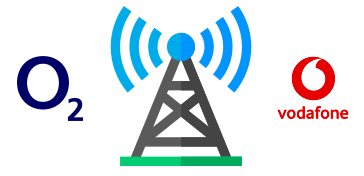
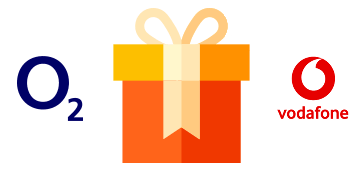
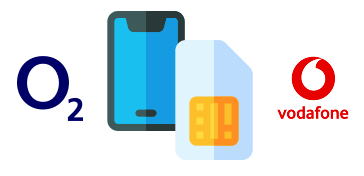



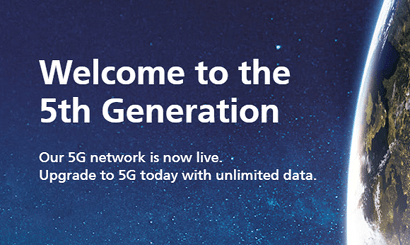
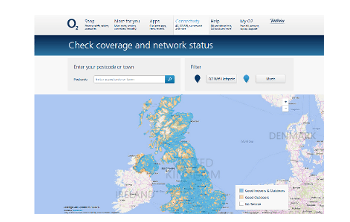
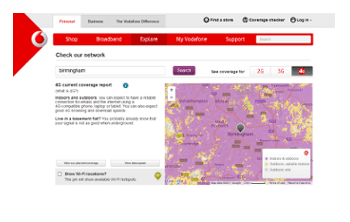
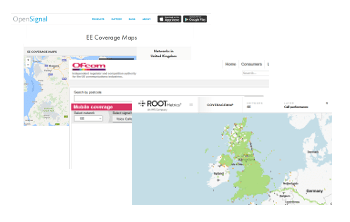

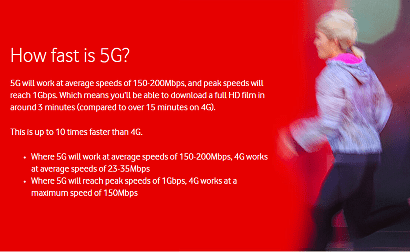



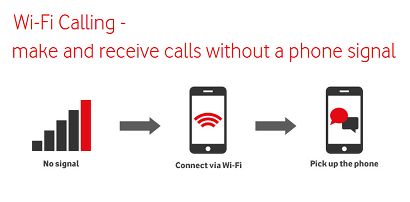
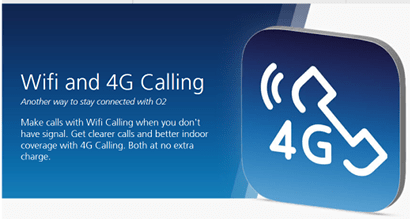
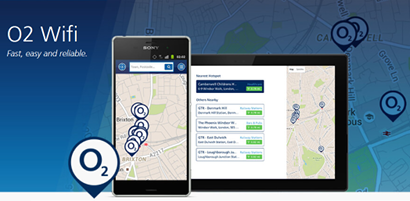

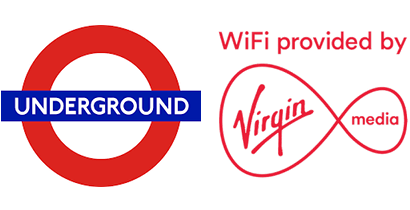
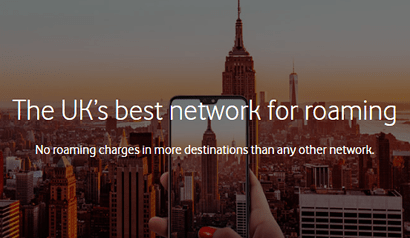
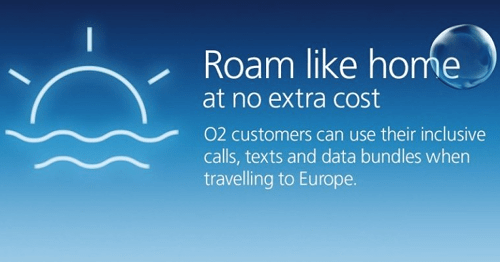


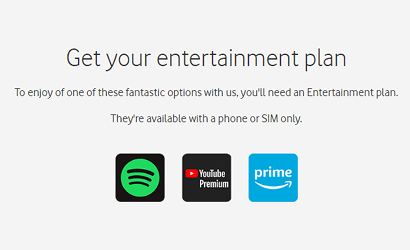
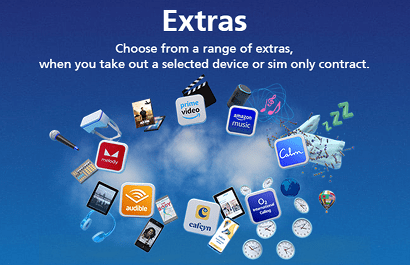
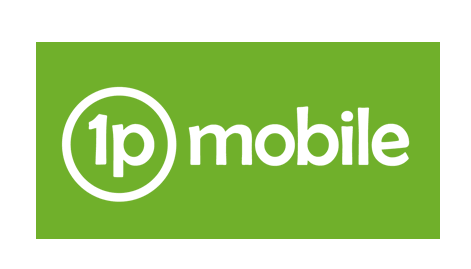


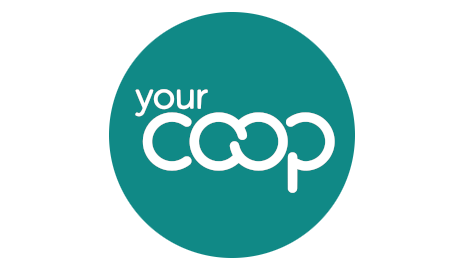

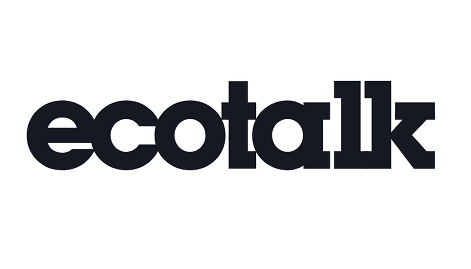









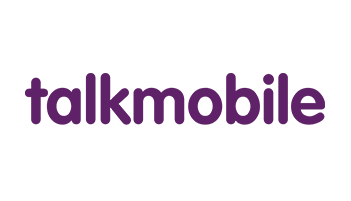




 Thanks, we'll send that out now. Please check your inbox for our email.
Thanks, we'll send that out now. Please check your inbox for our email.


